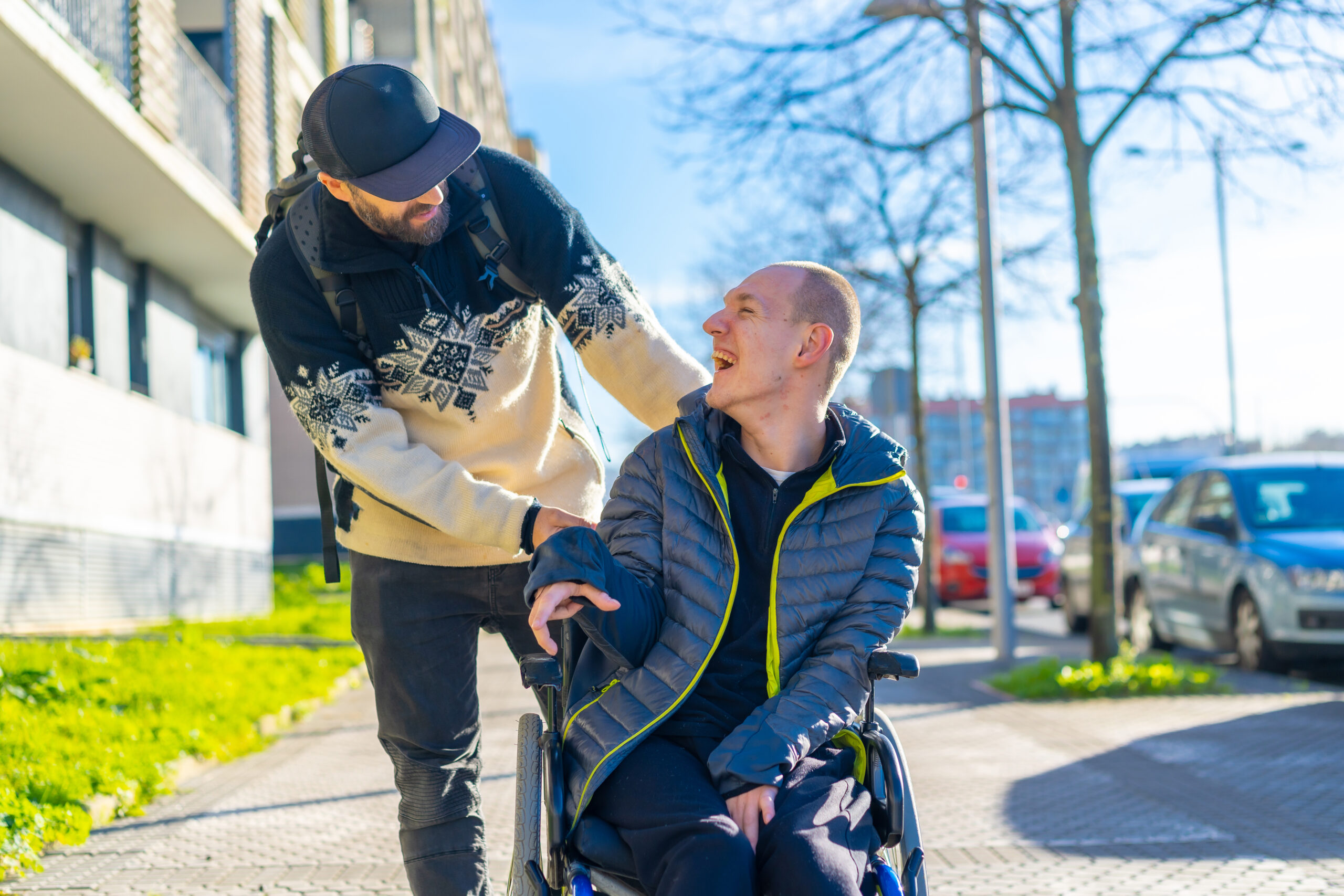A graduate’s top tips for starting your career in the community
Starting out in any career right after completing university can be quite daunting. As a practicing therapist working within the community, the added complexity of feeling like you will be alone in your endeavours when travelling from client-to-client can be challenging and rewarding at the same time! As a graduate, the idea of spending much of my working week independently traversing throughout my catchment area was initially quite intimidating. During this time, I have picked up on certain tips and tricks that have worked for me to ensure I am sustaining a successful career as a new graduate.
Below are my top four tips (in no particular order) for navigating a career in the community as a graduate clinician!
Embrace your supervision sessions and approach them with openness and honesty
As a graduate, you may feel like supervision meetings will be similar to those you had on placement where you discussed your performance and what was required of you to pass (or in the working context, keep your job). The moment I let go of this mindset, and instead approached supervision as an opportunity to learn from an experienced clinician and speak honestly about what I was having difficulty with, was the moment my weekly supervision sessions became somewhat of a grounding routine for me.
Prioritise self-care and establish a healthy work-life balance
Going from university to full time work is a huge shift for most people, and I cannot stress enough how important it is to be kind to yourself during this huge change to your daily routine. Recognising the signs of burnout and acting proactively to prevent it is, in my opinion, one of the greatest things you can do for your mental and physical health long term. Imposter syndrome can also be intense at this stage in your career so being kind to yourself and speaking out if you’re feeling this way is also recommended.
Make the most of learning opportunities
Part of being a graduate is recognising that whilst you are qualified to work within your profession, there is still so much to learn, and nobody (except, maybe you) expects you to be an expert in everything. Make the most of the learning opportunities presented to you, know your scope and the aspects of practice where you are more and less confident, and ASK for support if you need or want it. Not once have I been belittled or denied additional support when I have asked for it.
Prepare for time spent on the road
Spend some time exploring different podcasts, audiobooks, radio shows and music playlists because you will spend a lot of time-consuming audio media. Invest in a good lunchbox and water bottle so your lunch and water are always fresh. Seek out social connection – plan interactions with friends or family on the weekend and get to know your coworkers. Heading into the office to meet up with coworkers is great. Spending so much time on the road can feel lonely at times so prioritising social interactions is a must!
About the author
Holly Robinson is a graduate speech pathologist working in the NDIS community space at KEO Care. She enjoys working across the lifespan to help them achieve their communication goals.
